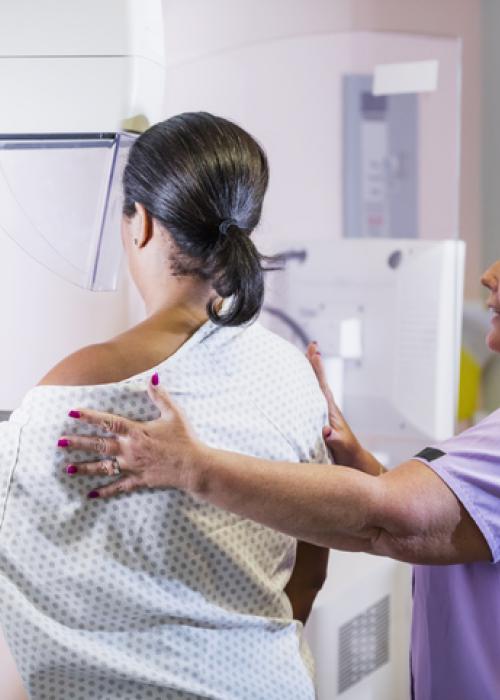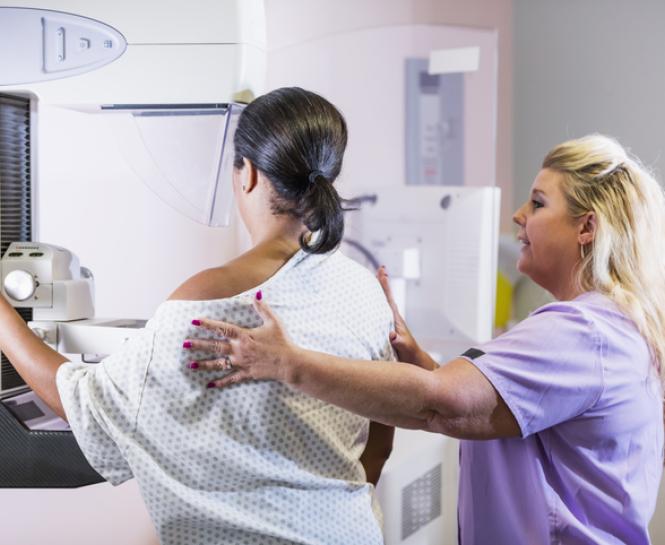Screening for cancer is an essential part of taking care of your health. Diagnosing cancer in its early stages, when it is most treatable, may increase the likelihood of survival.
When should I start screening for cancer?
The United States Preventive Services Task Force sets cancer screening guidelines. Your doctor will discuss if those recommendations are suitable for you based on factors including:
- Age
- Family history
- Signs and symptoms that may indicate cancer
- Preexisting medical conditions
How are cancer screenings done?
Cancer screenings vary by the type of cancer. Common ways to test for cancer include:
- Imaging tests
- Blood tests
- Genetic consultation and testing
- Tissue sampling
What are common cancer screenings?
Common screenings include the following.
Breast cancer. Screening for breast cancer may include:
- Mammogram
- Breast ultrasound
- Genetic testing
- Self-examination
Learn more about when to schedule a mammogram.
Prostate cancer. Screening for prostate cancer may include:
- Digital rectal examination
- Prostate-specific antigen (PSA) blood test
- Genetic testing
Colorectal cancer. Screening for prostate cancer may include:
- Endoscopy
- Colonoscopy
- At-home stool test
- Genetic testing
Learn more about preparing for a colonoscopy.
Lung cancer. Screening for lung cancer may include:
- Low-dose computed tomography (CT)
- Genetic testing
“Lung cancer screening saves lives by catching lung cancer in its earliest stages when it is most treatable,” said Sharad Chandrika, MD, Director of Interventional Pulmonary Medicine at Catholic Health.
Dr. Chandrika noted that quitting smoking is the best way to reduce your risk of developing lung cancer. “For patients with early-stage lung cancer, quitting smoking may help stop the cancer from progressing to more advanced stages,” she said.
Learn more about lung cancer screenings.
Skin cancer. Screening for skin cancer may include:
- Full body scan
- Biopsy
- Self-examination
Oral cancer. Screening for oral cancer may include:
- A routine checkup at the dentist
- A routine checkup at a primary care visit
How do you screen for other cancers?
Not all cancers have screenings. For example, there are no screening tests for ovarian cancer. However, your doctor can order a CA-125 assay blood test and recommend genetic testing. Pancreatic cancer does not have a single screening test, but your doctor may recommend a blood test, imaging test and genetic testing.







